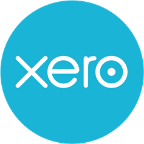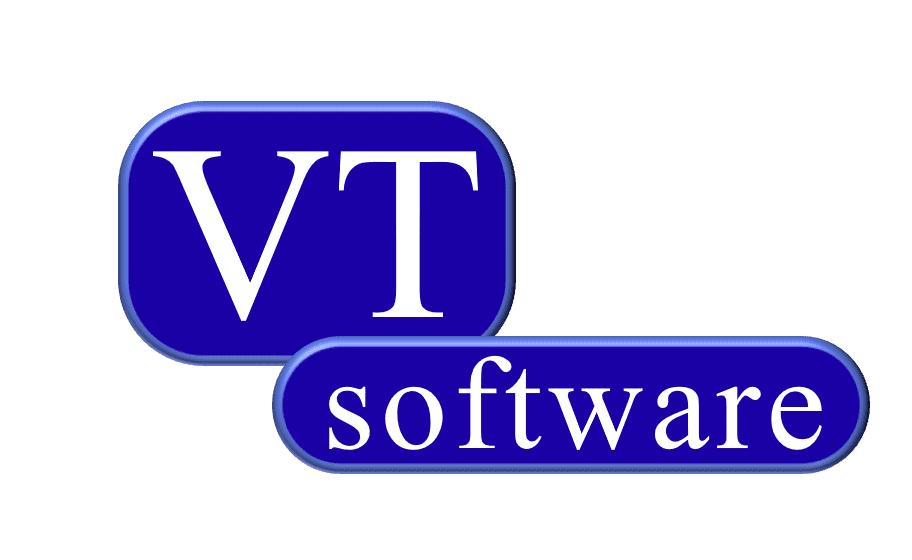Hubspot invented the phrase “inbound marketing,” which is now used by millions of marketers all around the world. It is “a strategy for attracting people to products and services using content marketing, social media marketing, search engine optimization, and branding,” according to Wikipedia. We’ll go through how to perform inbound marketing and which inbound marketing approach is ideal for small businesses in this article.
Outbound marketing, which focuses on product/service push, is used in traditional marketing. Inbound marketing, on the other hand, use resources such as blogs, social media, email campaigns, and SEO to establish trust and reputation for your company. It revolves around the creation of high-quality content as a means of establishing permanent and long-term client relationships. It’s easier for your audience to locate you if you generate content that addresses problems and offers answers. It’s the kind of material they’re searching for.
Content marketing
The objective of content marketing is to create valuable content that improves your customers’ lives and addresses all of their problems. The goal of the game is to assist others. Your content (which is frequently in the form of a blog) should be free and valuable. This degree of care, it is assumed, will establish trust and make your audience more devoted to your business.
The more terms you use for SEO, the simpler it will be for your audience to locate you, so do some keyword research! You can determine what people are looking for using tools like Google Keyword Planner, and then create content around those keywords and search phrases.
But what if your content is uninteresting or boring? Your audience isn’t likely to stick around for long, and a high bounce rate is the last thing you want. As a result, providing interesting, high-quality material is important. You must provide exactly what your audience is looking for. Make sure your subjects are relevant to their requirements.
Finally, make sure your material is constantly original – consider what you have to give that no one else has. This does not imply that your material must be extensive; rather, it must be concise, purposeful, and, most importantly, valuable!
SEO
Although your content marketing approach and SEO are distinct, they should complement one another to form a successful inbound marketing plan. The tool that delivers your audience to your content is search engine optimization (SEO).
The more high-quality material you have, the more people will connect to you as an expert in your industry, and the simpler it will be for Google’s algorithms to find you (that’s SEO).
The more visitors your site receives, the higher it will rank on Google. Being on the top page of Google’s search results will offer you more exposure, and the greater your exposure, the better your chances.
Social media marketing
Social media is where you can connect with your audience in a genuine way. Social media allows you to reply to consumers more quickly and personally, and it’s also a great method to learn about their preferences.
Social media management is a low–cost approach to boost your company’s visibility, brand recognition, and website traffic. Having a social media content strategy in place ensures that you don’t forget to publish. Posting material that your audience will find useful and entertaining on a regular basis will keep them coming back!
These techniques constitute the cornerstone of your digital marketing when used collectively, and when combined with paid digital media, they may be much more effective.
Creating an inbound marketing plan is an investment in your company’s development and long-term sustainability.
To learn more about FBS Digital’s social media services, call 0204 526 5195 or send us an email hello@finchleybusiness.co.uk.






